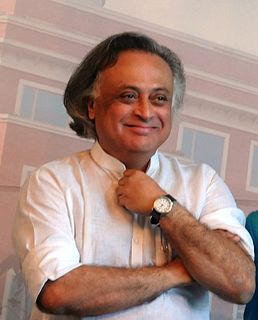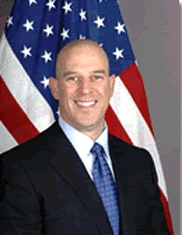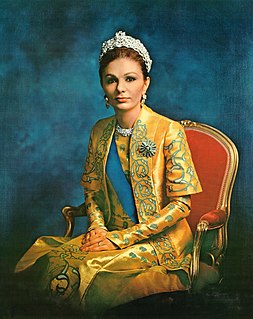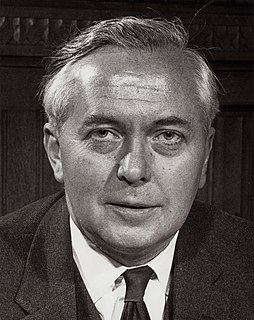A Quote by Benazir Bhutto
The political parties have unanimously rejected the one-man constitutional changes.
Quote Topics
Related Quotes
Elections in India are not contests between personalities. They are ultimately battles involving political parties; promises and pledges that political parties make; the vision and programmes that political parties bring to the table. So although, Modi's style is 'I, me, myself,' I don't think 2014 elections as a Modi versus Rahul contest.
I think frustration unfortunately, reflects a real breakdown in the political parties themselves, which is fascinating because our constitution did not anticipate political parties. They're not even written in the Constitution, there's no guidelines. When we look at the arcane processes of delegate selection in the primaries and caucuses, it's not in the Constitution. This is all created post Constitution. And yet I think we're in the middle of tensions between and within the political parties. They're not functioning that well.
A Call for Revolution, 1993 Libertarianism is rejected by the modern left - which preaches individualism but practices collectivism. Capitalism is rejected by the modern right - which preaches enterprise but practices protectionism. The libertarian faith in the mind of man is rejected by religionists who have faith only in the sins of man. . . . The libertarian insistence that each man is a sovereign land of liberty, with his primary allegiance to himself, is rejected by patriots who sing of freedom but also shout of banners and boundaries.
Thus far, both political parties have been remarkably clever and effective in concealing this new reality. In fact, the two parties have formed an innovative kind of cartel—an arrangement I have termed America’s political duopoly. Both parties lie about the fact that they have each sold out to the financial sector and the wealthy. So far both have largely gotten away with the lie, helped in part by the enormous amount of money now spent on deceptive, manipulative political advertising.
They had rejected the soul-body dichotomy, with its two corollaries: the impotence of man's mind and the damnation of this earth; they had rejected the doctrine of suffering as man's metaphysical fate, they proclaimed man's right to the pursuit of happiness and were determined to establish on earth the conditions required for man's proper existence, by the "unaided" power of their intellect.









































